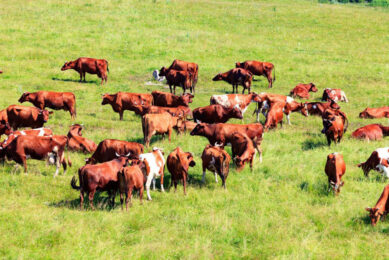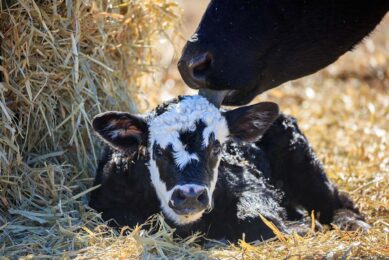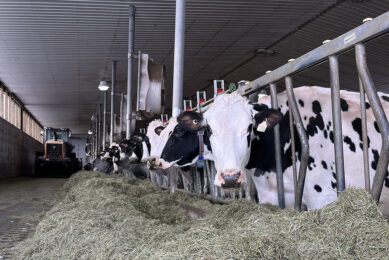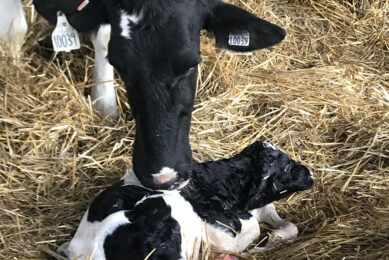A healthy calf from Russia’s cloned cow
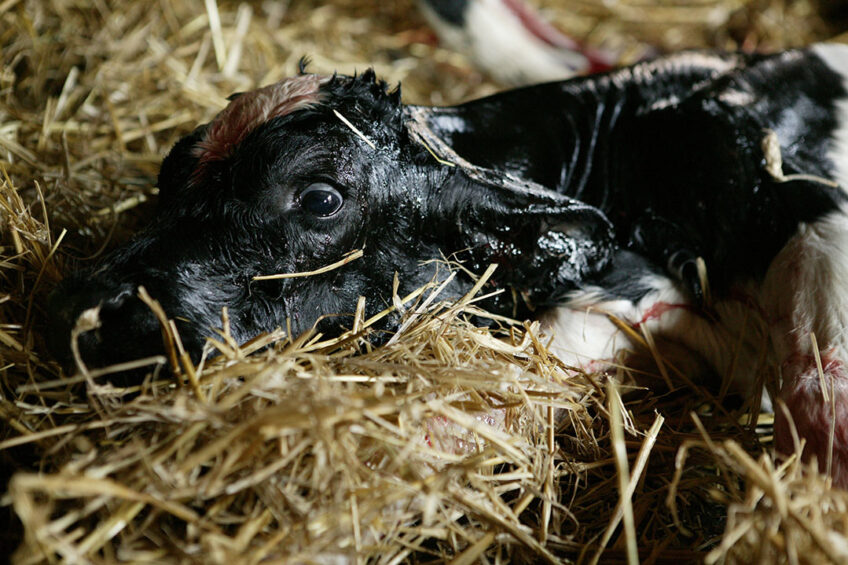
Russia’s first cloned cow gave birth to a healthy calf at the end of last year, marking a significant milestone for the development of gene editing technologies in the country’s livestock industry.
A group of scientists from the Russian Skoltech Institute cloned the cow in April 2020, altering genes in such a way as to remove proteins responsible for beta-lactoglobulin. The researchers used CRISPR/Cas9 technology, cloning the cow using somatic cell nuclear transfer (SCNT). The target was to create a cow to produce milk fit for consumers with lactose intolerance.
Studying reproduction system
The scientists explained that the gene-editing technology could have a broad application, as changing the genome could help boost yields or make animals more prone to heat stress. Still, confirming that the cow could have healthy offspring was essential.
“Genome-editing technology can only be developed when cloned animals are capable of giving birth to viable offspring. That is why the birth of the first calf by a cloned cow is a great achievement for Moscow-region scientists. The animals are well and are under round-the-clock supervision by veterinarians,” the press service quoted Georgy Filimonov, deputy prime minister of the Moscow region in charge of the agriculture and food ministry, as saying.
“Somatic cell nuclear transfer (SCNT) with the use of genetically modified somatic cells is seen today as a key technological platform for genome editing of cattle and other livestock. That is why specialists are conducting research to improve the critically important stages of the technological chain,” the ministry said.
Improved animals
Petr Sergiev, a professor at Skoltech Institute and one of the study’s authors, said that after the cloned cow gives birth to offspring, the scientists planned to proceed to the next stage: inseminating a herd of several dozen cows with embryos with the edited genes.
Sergiev also said that “genomic editing methods and reproductive technologies will soon lead to the creation of farm animals with improved properties. This technology should help create animals with improved characteristics, such as disease resistance.”
The scientists said they created a new breed of cows. However, it will be years before it can be available to Russian farmers, they added. Currently, no legislation regulates the sales of products from animals with altered genes in Russia. On the other hand, the country has a strict law regulating the turnover of food with genetically modified organisms.



